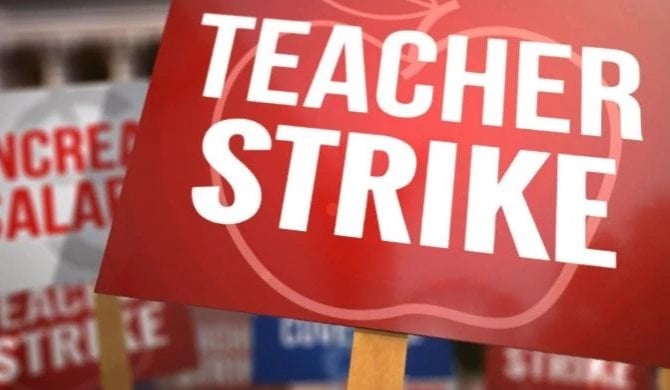The Senior Staff Association of Universities of Ghana (SSA-UoG), in collaboration with the Technical University Administrators Association of Ghana (TUAAG) and the Federation of Universities Senior Staff Association of Ghana (FUSSAG), has called off its indefinite nationwide strike.
This decision comes after what the unions describe as a positive response from government, particularly the Ministry of Finance, which has now authorized the implementation of the negotiated agreement initially reached in November 2024.
“On behalf of our sister unions (TUAAG and FUSSAG) and on my behalf as the National Chairman of SSA-UoG, we are pleased to inform you that following our collective action and strong advocacy, the Government has responded positively to our demands,” the Association said in a statement issued on May 22, 2025.
The statement added that the Ghana Tertiary Education Commission (GTEC) has granted universities the green light to begin payments immediately under the new terms of the agreement.
All affected senior staff across public universities are expected to return to work on Friday, May 23, 2025.
The Association expressed gratitude to the Minister of Education and GTEC’s Director-General, Prof. Ahmed Jinapor Abdulai, for their roles in facilitating the resolution process.
The indefinite strike had been declared on May 21, 2025, as a last resort after what the unions described as government’s delay in executing the terms of an agreement reached six months earlier. The industrial action disrupted operations across public universities, with staff demanding swift implementation of agreed financial and administrative terms.
In response to the strike declaration, GTEC had issued a statement expressing disappointment, noting that multiple meetings and engagements had been held with SSA-UoG and its partners. GTEC said it was surprised by the decision to strike, as discussions had shown progress and commitments had been made to address the concerns raised.
With the suspension now in effect, both government and the unions are expected to continue collaborating to prevent further disruption within the higher education sector.


